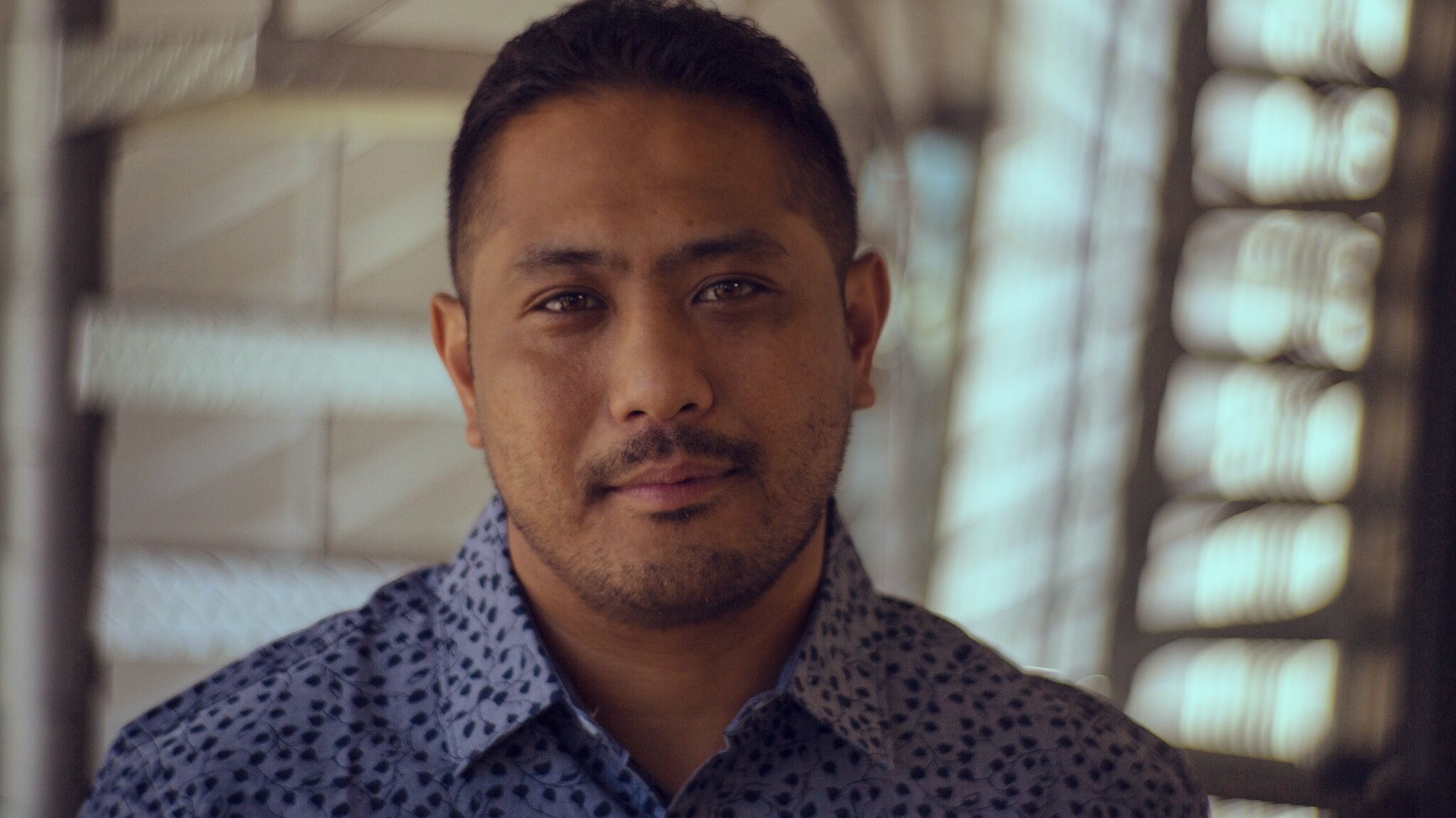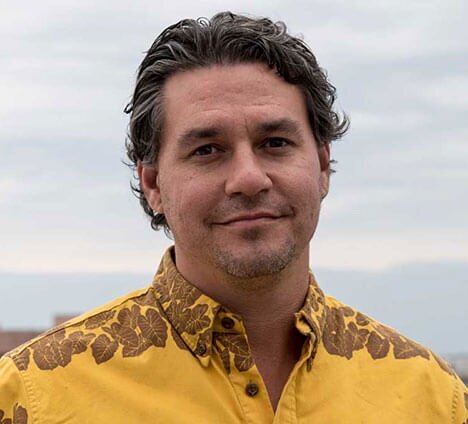1896 Hawaiian Language Ban focus of film screening
FOR IMMEDIATE RELEASE
Kona Historical Society hosting this exclusive event
Recognize and celebrate Lā Hoʻihoʻi Ea, Hawaiian Independence Day, by attending July 31 the online world premiere of “Language of a Nation,” a historical docuseries produced by the Smithsonian Asian Pacific American Center.
Hosted by Kona Historical Society, a Smithsonian Affiliate, this special online event helps share the important connections to Hawai'i’s rich cultural and political history - a history that is largely ignored or left out of public-school curricula and even public discussion. This honest, mesmerizing and profound docuseries may even make you question everything you think you know about Hawai'i’s past.
“This historical docuseries was originally conceived two years ago during the UNʻs year of Indigenous Language. The purpose was to show that 'ōlelo Hawai'i was not just an aboriginal Hawaiian language, but the language of a nation where all ethnicities in Hawai'i spoke that language,” said Smithsonian Curator of Hawai'i and the Pacific Kālewa Correa. “Why this film is important is that it presents Hawai'iʻs history from a Hawaiian National perspective. Generally, the history of Hawai'i has been presented through an external lens, this film remedies those perspectives. I hope that viewers will take away a new understanding of Hawaiian history, one that they may have never been exposed to because of dominant external narratives.”
Following the screening, Hawaiian Filmmaker Conrad Lihilihi and Correa will discuss the compelling four-part docuseries, which examines the Hawaiian Language ban that occurred after the overthrow of the Hawaiian Kingdom by U.S. forces.
“The Hawaiian language was the national language of communication in the Hawaiian Kingdom. It was a language spoken by a vibrant and multiethnic citizenry, not just the aboriginal population of the Hawaiian archipelago,” Correa said. “The 1896 ban of the Hawaiian language from the Department of Education in Hawai'i not only affected the aboriginal population, but it also affected the national consciousness and the true understanding of what the Hawaiian Kingdom was prior to the overthrow.”
“Episode 1: Birth of a Literate Nation” will be shown at noon July 31 on Zoom. This is an exclusive screening and virtual discussion only for Kona Historical Society members, who will be admitted for free and sent this event’s link via email. Membership must be current and is required to attend. Anyone can become a member of the Kona Historical Society. New and returning members can join online at https://konahistorical.org/membership.
Annual membership fees are $35 for individuals and $55 for families. For an additional $20, Kona Historical Society members can add on a Smithsonian Affiliate membership, which includes subscription to the Smithsonian Magazine and access to all Smithsonian Affiliate Museums.
“Becoming a member of Kona Historical Society is one of the best ways to help preserve and share Kona’s precious history, unique landscapes, architecture and traditions. Your membership makes a significant impact on our ability to carry out our mission and continue efforts to share Kona’s story, especially now as we all face the steep, uphill challenge of finding and building strength and resilience as a community,” said Kona Historical Society Executive Director Dance Aoki. “Kona Historical Society continues to share stories of hope and courage through engaging digital educational programs, including virtual field trips and virtual experiences like this film screening. The contributions of our members also help us collect history as it happens. We are so grateful for your continued support and look forward to welcoming our members for this special online event.”
Kona Historical Society is a community-based, nonprofit organization that has spent the past four decades collecting, preserving and sharing the history of the Kona districts and their rich cultural heritage within Hawai'i. Kona Historical Society is also a longstanding Smithsonian Affiliate, meaning it is part of a prestigious network of museums along with other educational and cultural organizations that share the resources of the Smithsonian Institution. Smithsonian Affiliate organizations like Kona Historical Society go through a very rigorous, competitive process and only the best is selected for their record of scholarship, professionalism, high quality exhibits and effective museum education programs. There only two other organizations in this state that have been able to achieve membership in the Affiliate program. Being a Smithsonian Affiliate for the past 20 years shows Kona Historical Society has a well-deserved reputation for excellence and further highlights the caliber of work being accomplished.
Over the years, Kona Historical Society has collaborated with the Smithsonian and its museums to create partnerships and experiences that educate and inspire. This unique affiliation allows us to share our collective resources with the communities we serve; thus, increasing accessibility and having a greater impact. Kona Historical Society is grateful to partners like Smithsonian and its Asian Pacific American Center for this July 31 collaboration, which gives Kona Historical Society members the opportunity to see this important film series before it is released publicly and pose their questions to its creators in an intimate setting.
Raised on Hawai'i Island, Lihilihi began creating worlds and stories at a young age through music. He fell in love with visual storytelling and created his own comic books. In high school, he discovered a joy and talent for filmmaking. He graduated from the University of Washington, where he created his own major and earned a degree in Ethnic Identities in Film. He’s worked on project for NBCUniversal, E! Entertainment, Sony, FOX, MTV, SpikeTV and Gametrailers. More recently, Lihilihi was a Video Editor for Warner Bros. subsidiary, Telepictures, on the true crime show, “Crime Watch Daily hosted by Chris Hansen,” which recently won an Emmy Award for Best Multi-Cam Editing. In an industry where Polynesians are greatly underrepresented, Lihilihi looks to be one of the few Polynesian directors in Hollywood and strives to bring the stories of the South Pacific to a mainstream audience. He continues to work with various musicians shooting music videos and his short film, “The Device,” made its rounds in the film festival circuit, including becoming a Semi-Finalist in NBCUniversal's Short Circuit Film Festival and earned him a nomination for Best New Filmmaker.
Correa is a graduate of the University of Hawai‘i at Mānoa Kamakakūʻokalani Center for Hawaiian Studies with a focus on Hawaiian traditional society and politics. Additionally, he also holds advanced degrees in the Information Science and Education Technology disciplines. Correa is curator of Hawaiʻi and the Pacific with the Smithsonian Institution’s Asian Pacific American Center, a migratory museum that brings history, art and culture to you through innovative community-focused experiences. His primary program at the center is on the Digital Storytelling Initiative entitled Our Stories. The Our Stories initiative is in place to present and elevate the voices of Pacific Islanders on the national and international stage through mixed media formats (Film/Podcasting/Composition/Mixed Reality).
For more information about this special event, call Kona Historical Society at 808-323-3222 or visit www.konahistorical.org. To get the latest updates regarding the Society’s programs, historic sites and special events, “LIKE” Kona Historical Society on Facebook.



